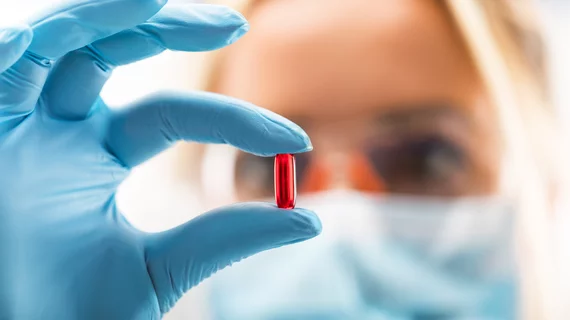Google’s Verily enters drug trials with big pharma
A Google-affiliated company is taking on clinical trials with the pharmaceutical industry, CNBC reported. The health and life sciences business of Google’s parent company Alphabet has launched strategic alliances with Novartis, Sanofi, Otsuka and Pfizer to work in the medical studies space.
Verily, working with the drug companies, aims to engage patients in trials in new ways, facilitate enrollment and participation in trials and aggregate data across sources such as electronic wearables and medical records, CNBC reported. The partnerships come as pharma companies are looking to leverage technology to improve clinical trials, which are historically costly procedures, and get new drugs to patients faster.
Verily could help move the trial process along by placing ads in front of people who are already searching for symptom relief for various ailments, such as asthma.
Verily has recently made headlines for its entries in the healthcare space, including recently launching an AI-powered screening program for eye disease and teaming up with Walgreens to improve the outcomes of patients with chronic conditions. The company has raised more than $1 billion in capital.
See the full story below:

